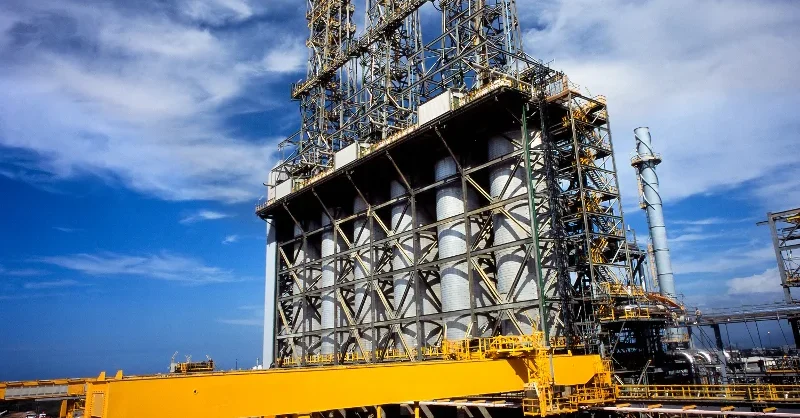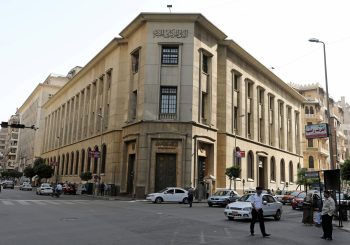The new diesel production complex in Assiut is 78 percent complete and is expected to be finished by December 2025.
With an investment of around USD 3 billion (EGP 147.6 billion), the project is progressing according to the planned timeline, reported the Ministry of Petroleum and Mineral Resources.
As of 18 July, Egypt is set to launch an international tender in August to procure approximately 400,000 tons of diesel, according to Asharq Bloomberg. The project aims to help meet Upper Egypt’s demand for petroleum products, especially high-quality diesel, used for diesel-engine cars and operation machines.
The decrease in imports, promises a 40 percent reduction in import costs through increased domestic output, with a plan to inject considerable economic benefits into Upper Egypt.
Minister of Petroleum and Mineral Resources, Karim Badawi, affirmed on 4 August the ministry’s high interest in supporting the petroleum projects in Upper Egypt to serve the citizens living in the southern governorates.
He stated that he supports the actions taken to meet the growing demand for oil products, secure a constant fuel supply, create more jobs, and implement social initiatives to support and serve the local communities.
The new complex aims to provide various benefits nationwide, addressing economic, social, and environmental goals, with a focus on safety, occupational health, and sustainability, demonstrating a commitment to development.
Currently, Assiut Oil Refining Company (ASORC), built in 1984, supplies 70 percent of Upper Egypt’s petroleum consumption needs. The refinery’s high-octane gasoline complex, inaugurated in 2021, now supplies approximately 800,000 tons of gasoline annually to Upper Egypt’s governorates. The new project could streamline fuel distribution and substantially reduce the logistical risks and expenses tied to trucking gasoline from the northern to southern regions of the country.
Maged El-Kordy, Chairman of ASORC, emphasized on 4 August the refinery’s pivotal role in supplying petroleum products throughout Upper Egypt, which boasts three production complexes: two distillation units with an annual refining capacity of 4.5 million tons, and a high-octane gasoline complex, all integral to the region’s fuel supply chain.
Earlier in 2022, contracts to finance the project of a diesel production complex in Assiut at a value of USD 1.5 billion (EGP 73.8 billion) were signed by six international banks and financial institutions.
According to the former minister of Petroleum and Mineral Resources, Tarek El-Molla, the project aims to modernize the refining sector to achieve self-sufficiency and adherence to international environmental standards.
Historically, the country has been importing diesel. In 2022, diesel imports reached USD 3.5 billion (EGP 172.2 billion), a 59 percent increase from 2021, when Egypt’s imports reached USD 2.2 billion (EGP 108.2 billion), according to the Central Agency for Public Mobilization and Statistics (CAPMAS).
Additionally, Egypt’s governmental efforts have yielded success in exporting refined petroleum.
In 2022, Egypt’s refined petroleum exports reached USD 2.88 billion (EGP 141.3 billion), positioning the country as the 43rd largest exporter of refined petroleum globally. The primary markets for Egyptian refined petroleum included South Korea, which imported USD 710 million (EGP 35 billion) worth, followed by Slovenia with USD 218 million (EGP 10.75 billion), Saudi Arabia and China each with USD 204 million (EGP 10 billion), and Lebanon with USD 185 million (EGP 9.11 billion).
The Assiut’s diesel production complex is considered, by Egypt’s government, a significant stride toward enhancing local energy security, reducing import costs, and fostering economic growth in Upper Egypt.






Comments (0)